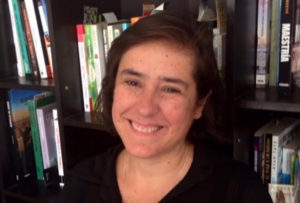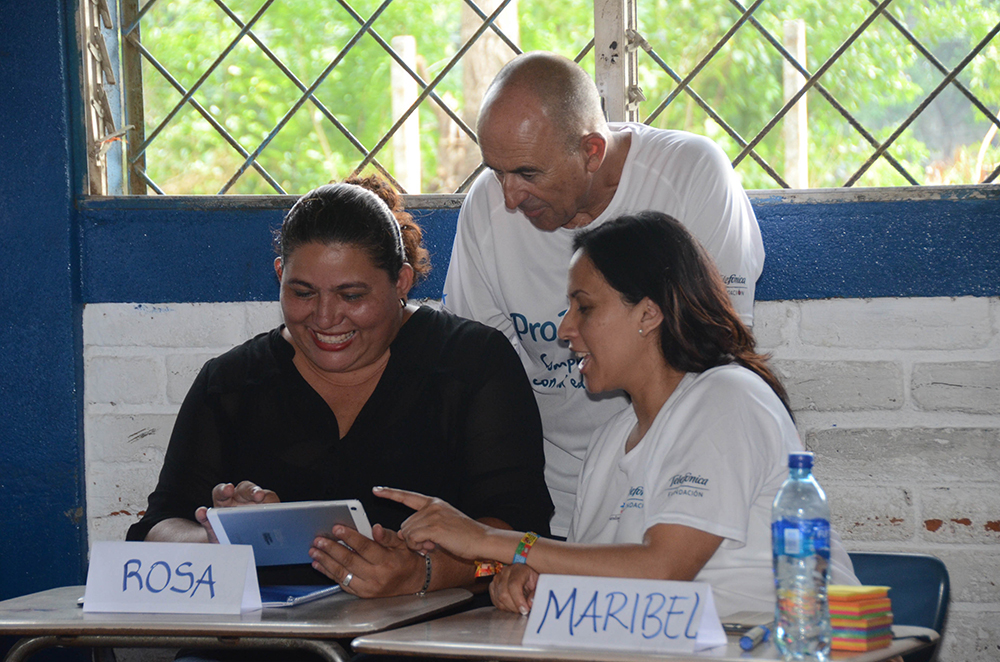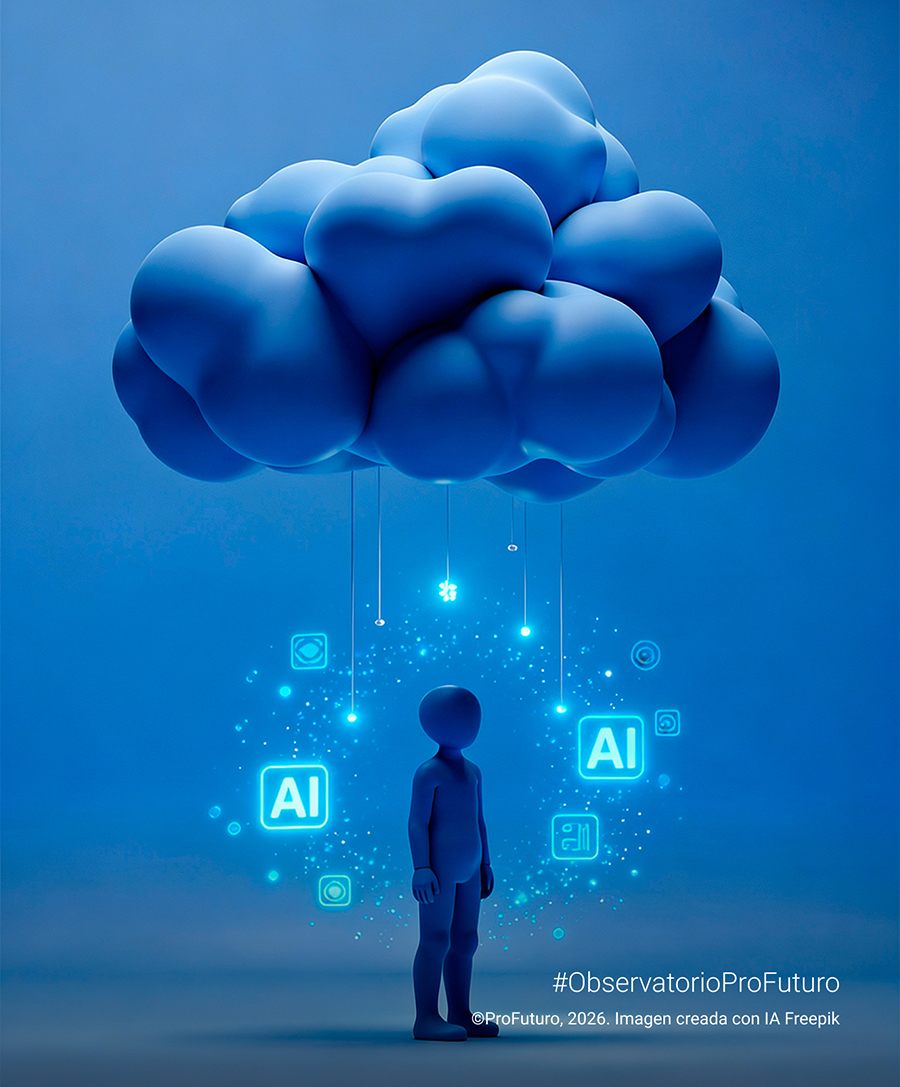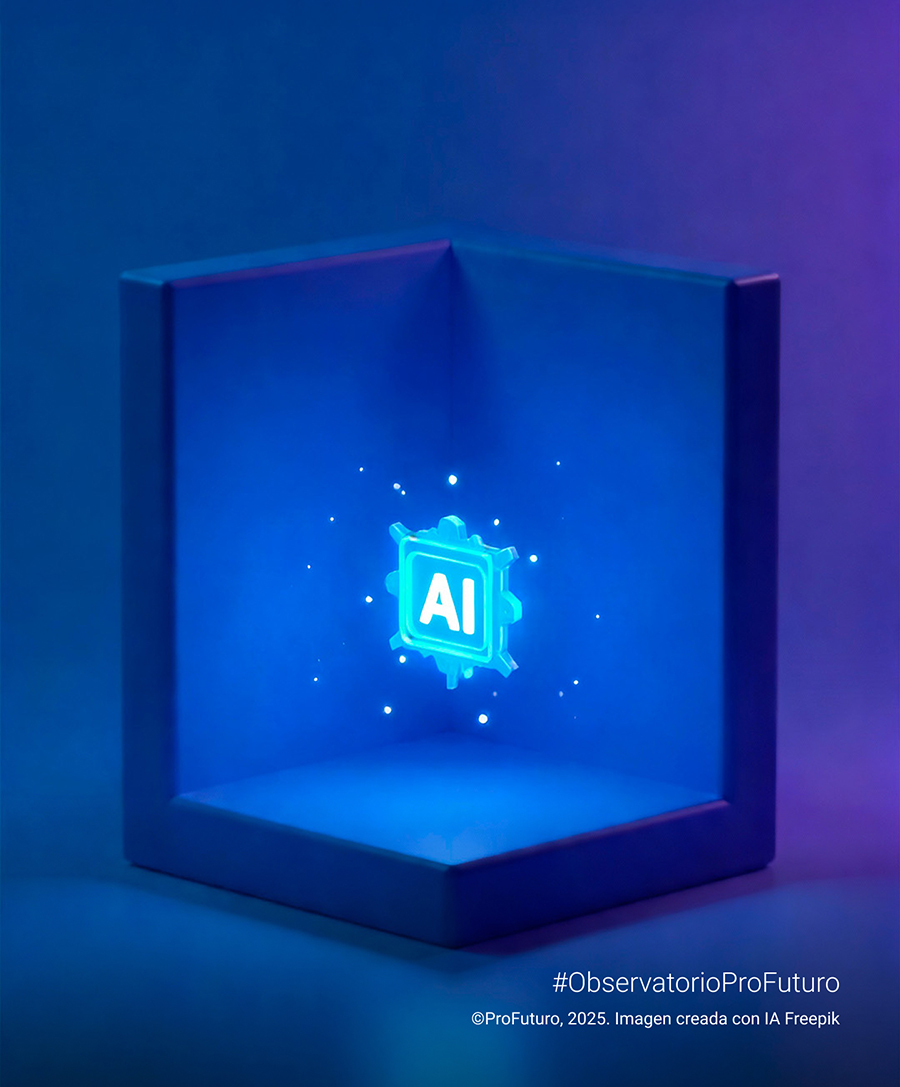Author: Marcela Momberg*
In this article, Chilean teacher Marcela Momberg, an expert in the application of the new technologies and their incorporation into pedagogical practices, discusses the great challenge to be overcome by Latin American educational institutions so as to adapt to a changing society that’s highly influenced by the above technologies.
The use of technology in recent years has been a vital factor in the way the world has changed so emphatically. In education, the use of digitisation began with the massification of the internet and social media. Our students changed their communicational practices in a radical and self-taught manner, without prior notice and without any family or teacher mentoring of any kind. So much so that we regarded them as “digital natives”, which was a poor assessment of many of them. We’ve gradually come to realise that this denomination is far from accurate and that their “advanced user” skills reflect their abilities and competences much better.
The world has changed the way it communicates, manages and grows. But the change that’s had (and will have) the greatest impact on human beings is the one in the workplace, a change that’s exposed how we lag behind in relation to the teaching profession.
Technological progress has brought about a number of major changes in the way we work and interact with each other. “Lone rangers” or individualistic professionals are dying out in modern society. Nowadays, big business bases its human capital on collaborative skills, teamwork, analysis, innovative responses, social communication as a factor in social integration and growth and care for the environment as a mandatory standard.
However, the educational models in use in our classrooms lack a great deal in their response to these new working models. The “relater” as the only means of transferring knowledge is undergoing profound changes and, unfortunately for the adult world, these changes aren’t being led by innovative pedagogical currents, as they’ve been caused by the habits and customs of younger people, who’ve ended up being early adopters, the kids who’ve taken to the technology.
Long ago, some of the most advanced countries took a fundamental step for their societies by developing pedagogical models that encouraged a willingness to inquire among learners. Structural changes such as case studies, teamwork, presentations and the defence of papers and points of view are taking place at some of their universities. These significant changes include a major drive towards innovative pedagogical practices such as Project Based Learning, the Flipped Classroom and different educational tools and platforms to promote active pedagogy, thus overcoming the “professor’s narrative” that’s prevailed since the origins of contemporary education.
These models have similar objectives that essentially seek team learning, research as a means of learning, the incorporation of multiple sources of active, passive, analogue and digital information, creativity as personal differentiation and the anchoring of our studies and proposals in the social sphere as a response to our real environment. They begin in a simple and “ingenuous” way but reach a level of complexity, creativity and demand that develops the skills and competences of the human beings involved in the process. They lead to the individual’s development, regardless of his/her socio-economic status or personal interests and abilities. In these models both the teacher (who now becomes a facilitator) and the student can develop their real and inclusive skills.
Their lines of action include the incorporation of different contents and personal skills and the goal of developing abilities and competences at the service of the individual and his/her social development.
The pandemic hasn’t just brought grief and loss. It’s also brought fundamental changes to education. Students, parents and teachers have acquired a great deal of knowledge and experience, chiefly in social human treatment and the adoption of personal resources enabling them to continue studying in ways that were unthinkable only two years ago.
One of the conclusions reached by specialists at Harvard University who analysed education on the world map was that the students who were fastest in continuing their post-pandemic education were those in countries that use participatory models and educational platforms. Things have gone more slowly in Latin America; the teaching world faced a screen for the first time, and then we realised that our curriculum was extremely far-reaching, that the so-called digital natives were just advanced users of games and applications and that technology was an ally that could enable us to communicate and survive.
As if the above weren’t burdensome enough, we’re still grappling with the use of technology and issues such as the type of cameras we need to cope with in-person and remote education, which has now been defined as “hybrid education”. It’s difficult to persuade people that the problem isn’t technological but pedagogical. That we don’t need better cameras, but rather models that allow us to educate better, that interact better with the students.
In this regard, my goal as a teacher is to continue to search for a more prominent role for the students. To develop education by resolving the communicational problems that may arise and not to be slaves to models and technologies that will continue to change and develop. The progress of education will always be a pedagogical issue, not one related to the robotic capacity of its cameras.
Interest in the PBL (Project Based Learning) model has been explosive in Chile. Numerous professionals are interested in finding out what it’s all about and undergoing training and the educational authorities have incorporated it into the planning of the teaching. But reality has shown us that change requires real involvement on the part of the institutions and, unfortunately, the leadership of the educational institutions is missing in the process. A teacher may be very dedicated and purposeful in the implementation of PBL or the flipped classroom at his/her school, but if the heads of the technical-pedagogical units and the teaching managements at the primary and secondary schools don’t formally structure the change at their institutions, this will be an inconsequential effort that will demotivate not only their teaching staff, but also the students and parents.
The educational institutions that are responsibly considering the incorporation of collaborative models at their schools are rare. Implementing these new models requires commitment and dedication and planning is vital. PBL and the flipped classroom require not only teacher training but also planning, and their implementation must be accompanied by executive decisions.
Teaching is lagging behind. The productive market is project-based and teaching doesn’t yet strive to develop the students’ skills; industry is becoming automated and the service company crews now operate by means of projects, but the curricula at pedagogical schools don’t reflect the incorporation of world’s connectivity and its ways of communicating.
In Latin America there are a large number of schools interested in change, but very few have initiated the process and too many are still sleeping on their obsolete laurels.
This year alone I’ve taken part in hundreds of hours’ teacher training for thousands of teachers. The enthusiasm is encouraging but the great fear lies in the support and resources they may receive from their managements. This is a more than worrying factor.
No change is easy or without its risks and difficulties. But the changes are modular, controlled and evaluable throughout their development. None of these pedagogical models are re-foundational and are instead implemented gradually, living side by side with traditional teaching. There are schools that began with an intermediate level of basic education and then worked up to the end of secondary education. The same applies to the complexity of the teaching. Many of us have been amazed by the skills and competences that our students have developed over a short space of time.
The exposure that they’ve had as they’ve entered the new information society is enormous and the reality is that there is no turning back from these changes. The teaching profession will inevitably have to assume its new role.
*This material is the intellectual property of its author (Marcela Momberg) and may only be reproduced with her express written permission.

THE AUTHOR
With more than 20 years’ experience as a teacher in the classroom, Marcela Momberg has been a consultant and lecturer in education 2.0 for over 12 years. Marcela conducts talks, training sessions and seminars with the aim of promoting the digital transformation of teachers in the classroom while supporting them in the creation of new educational techniques that meets the needs of students in the new society. The main focuses of her action are the handling of digital resources for education and the development of models to shift from “expository teaching” to “inquiry-based teaching” and “project-based learning”. Marcela is the author of the books titled Digital Orphan and Twitter for Kids: Educating future leaders.






